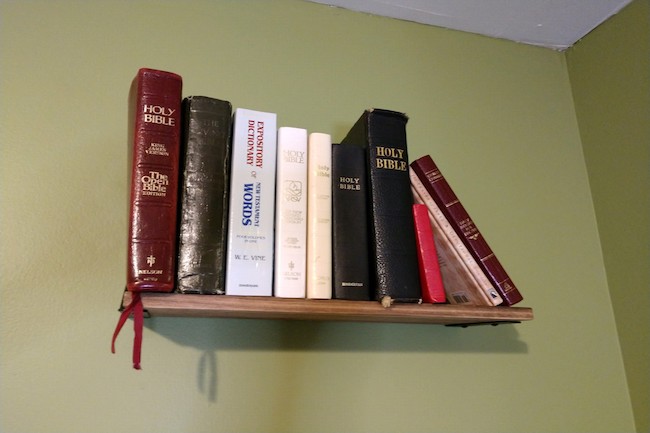Why Are There So Many Bible Translations? By JIMMY WALLACE for The Stream
When I turned 13 I received a new Bible for my birthday. Described as a “teen study Bible,” it came in an olive drab carrying case. I was so excited; this Bible designated me a teenager, no more “kids” Bible for me! I put my old Bible on the shelf and jumped in to my new one. It didn’t take long to realize, though, that something was up. My new Bible didn’t “feel” the same as my old one. What I did not realize was that my new Bible was the NKJV translation, whereas my first Bible had been NIV. This was the first time I had really experienced firsthand the differences between Bible translations.
A few non-believers I know have occasionally brought up all the different Bible translations as a reason to doubt the Bible. I mean, if it was really clear what the Bible said, why so much disagreement amongst groups of Christians? And why so many different translations? I have talked to many Christians, too, who have had questions about the different translations. Which translation is the “good” one? Which ones are the bad ones?
What is the Deal With All These Different Translations?
While much has been said (and written) about Bible translations, the biggest thing to understand about translation is the nature of language itself. When translating from one language into another, it is often difficult to create a “perfect” translation. Because different languages order their sentences in different ways, or use different grammar, have words or phrases which have no perfect analog in another, etc, to translate a sentence “word for word” into another language can lead to sentences that are difficult to understand or simply make no sense at all. As a result, even when “literal” or “word for word” translations are made, something must be changed in order for things to make sense in the new language.




